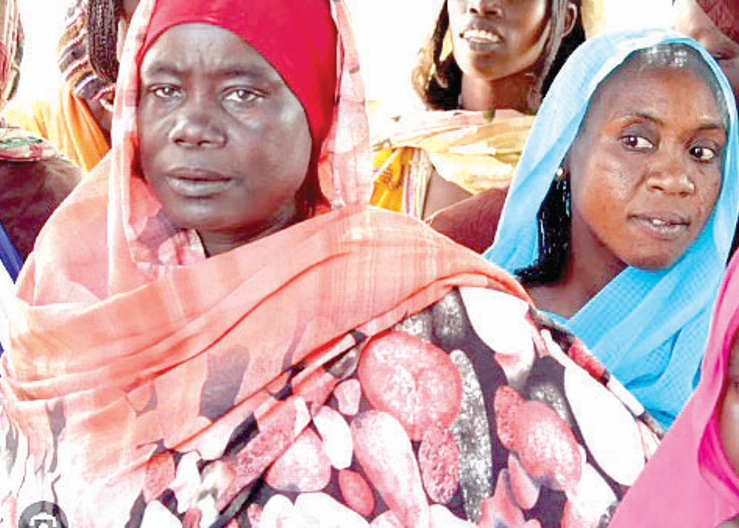Two years on: Sudan crisis still ravaging women

Two years since the eruption of conflict in Sudan in April 2023, the nation faces an unprecedented humanitarian and protection crisis, with women and girls bearing the brunt of its impacts.
The situation in Sudan is a historic catastrophe.
As highlighted in a new report by the NGO Forums in Sudan, Chad and South Sudan, more than 30 million Sudanese – 3 in every 5 – desperately need aid.
“This is unlike any humanitarian crisis we have witnessed,” said Abdirahman Ali, CARE Sudan Country Director.
The unrelenting violence has led to the world’s largest displacement crisis, forcing 12.6 million people in Sudan to flee their homes, more than 8.5 million of whom are internally displaced.
“The population across Sudan – especially women and girls – continues to endure unimaginable suffering,” said Ali.
“With the health system in collapse, pregnant women, new mothers, and the sick have little to no access to medical care. Violence against women and girls is rising unchecked, and survivors are often left without support. Food insecurity is pushing millions to the brink of starvation. Now, dwindling funding and aid cuts threaten to erase the few lifelines that remain. Yet, the determination of local responders—especially women-led organizations—remains unshaken. The world must not look away as the lives of Sudanese women and girls hang in the balance.”
The conflict has exacerbated all forms of violence against women and girls across Sudan. Demand for services for this population who had suffered sexual violence increased by 288 per cent.
Women and girls face the constant threat of systemic conflict-related sexual violence.
Crimes against humanity have been inflicted on civilian populations. The risk of sexual exploitation, abuse, and harassment is also on the rise.
The true scale of this scourge is likely far greater than reported, as fear of stigma, retribution, and a lack of adequate support silences many survivors. It is critical that local women-led initiatives, which provide safe spaces and essential care for these survivors, receive urgent and sustained funding to continue their life-saving work within communities.
At the same time, perpetrators of conflict-related sexual violence must be held accountable.
With famine confirmed in North Darfur and threatening 17 more areas, Sudan faces a massive food emergency. By May 2025, 24.6 million people in Sudan—over half the population—will not have enough to eat and will require immediate assistance. Specifically, 15.9 million will have trouble accessing sufficient food, 8.1 million will face a dire food situation, and 638,000 will be at risk of famine.
Nearly 5 million children and pregnant women are acutely malnourished. Female-headed households are disproportionately affected, with 64 percent experiencing food insecurity compared to 48 percent of male-headed households in ten states.
Women and girls often eat least and last, further compromising their health and well-being. This is a man-made catastrophe driven by relentless conflict and displacement. Responding to famine requires fully funding humanitarian response efforts.
Sudan’s healthcare system has been decimated. Bombed and looted health facilities, lack of adequate medical staff, and severe supply shortages have left millions without basic care. The suspension of aid programs has only deepened the crisis, fueling the spread of disease and leaving mothers and children without critical support. Civil society organizations are again warning of the imminent risk of atrocity crimes being committed in El Fasher, North Darfur.













